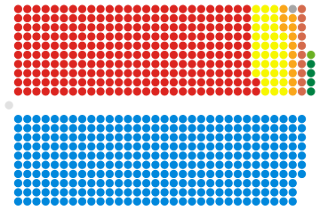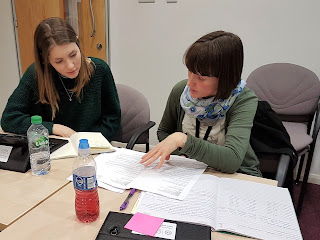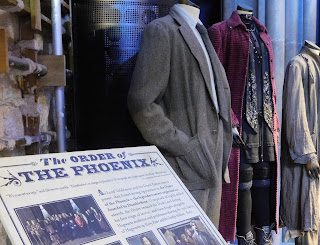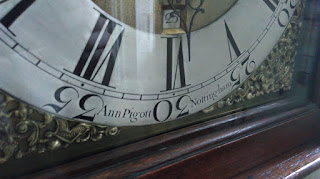Pride in Nottingham
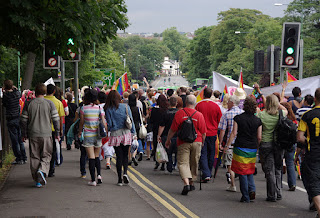
26th July 2017 In Exploring History It is 50 years since homosexuality was decriminalised in England. Over the time since, there has been a cascade in changing society’s norms and values to promote equality for the LGBTQ+ community. It is just over a year that same-sex marriage was legalised. There is still much to change. However, Pride is a time to celebrate the successes that the movement has had. Museums and culture play an instrumental part in representing history and promoting role models. History must be told from as many different views as possible to give a rounded knowledge of the past. Many museums are campaigning with LGBTQ+ exhibitions throughout the pride celebrations. The Museum Association actively encourages museums to join the celebration and ‘ highlight the fact that museums can tell diverse stories and are places that can help us all understand our identity’ . You can follow the museum hashtag #QueerMuseum to follow events and exhibitions that museums and galle
